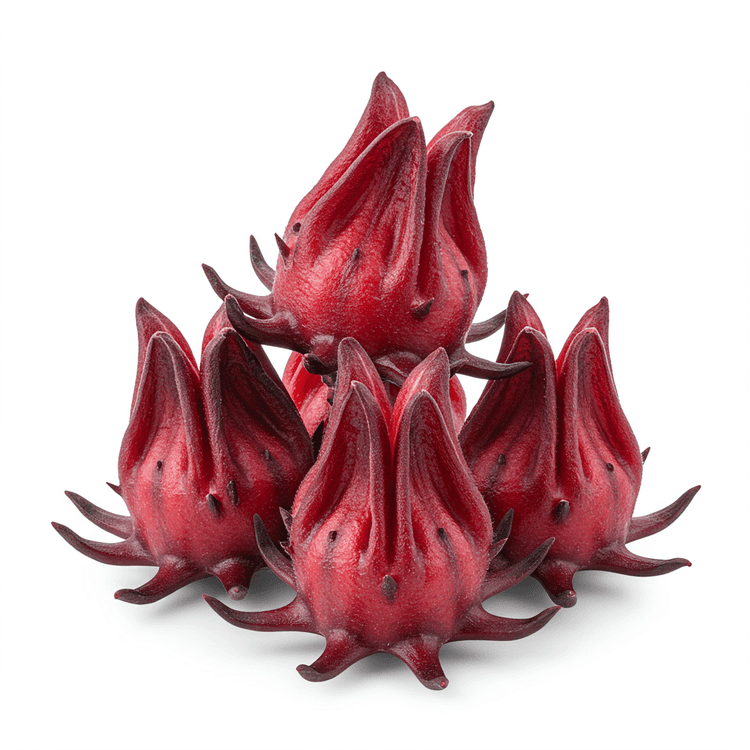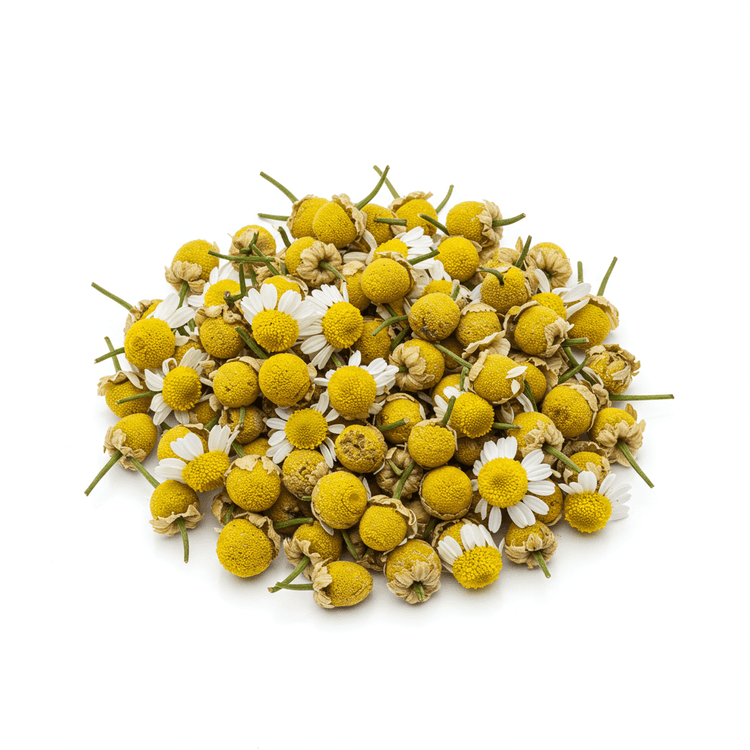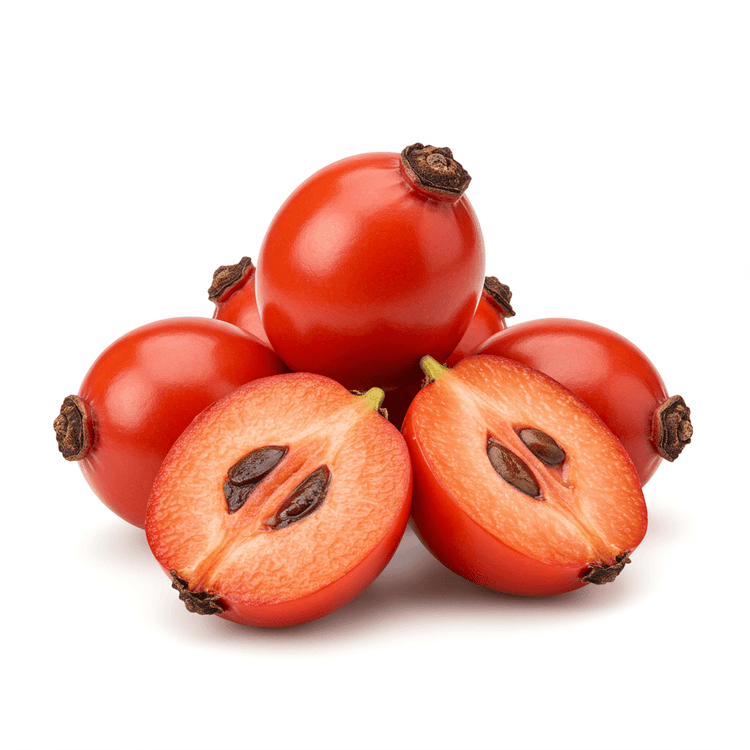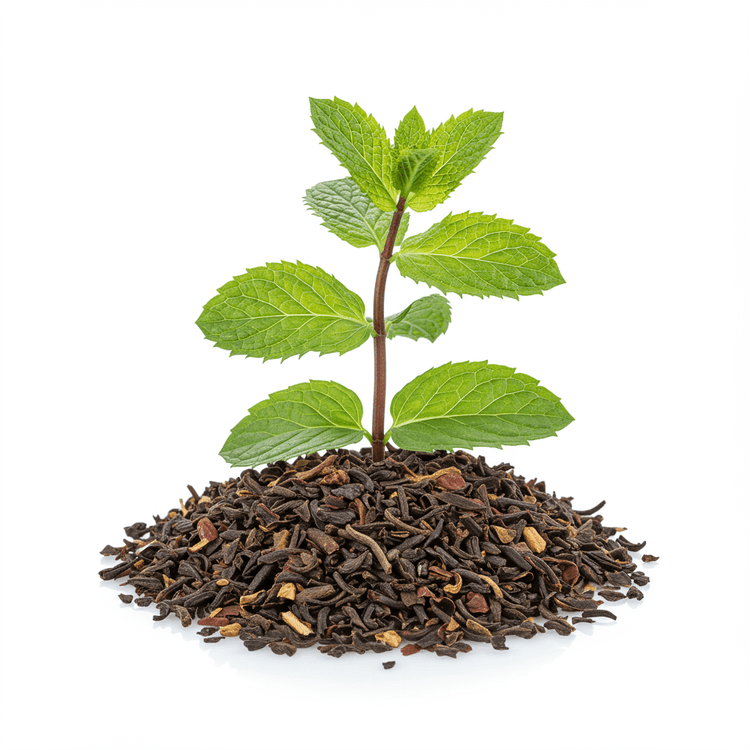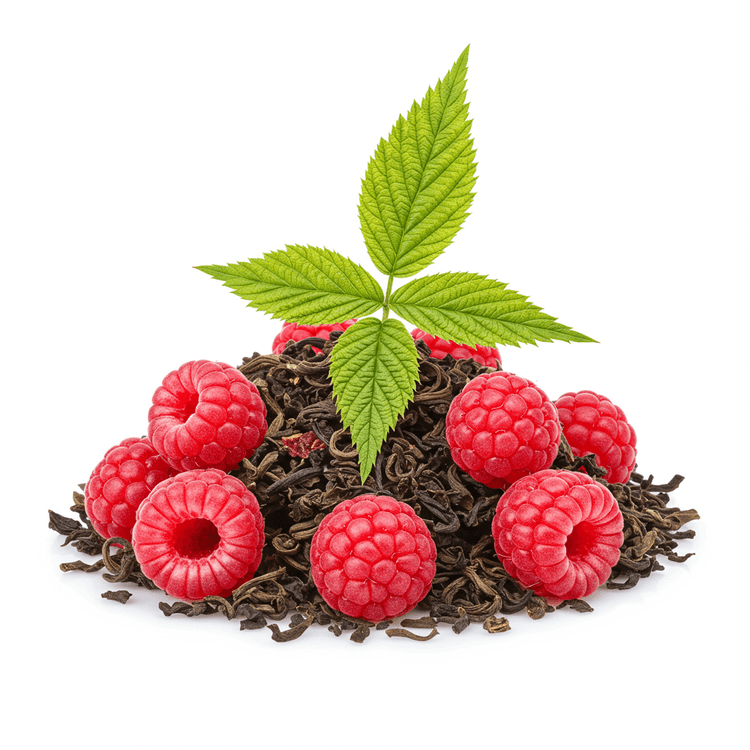
Raspberry Leaf Tea
Raspberry leaf tea is an herbal infusion made from the leaves of the raspberry plant (Rubus idaeus). This caffeine-free tea boasts a mild, earthy flavor, similar to black tea but without any bitterness. The dried leaves have a slightly grassy aroma and create a light-bodied brew. The color of brewed raspberry leaf tea ranges from light amber to a rich reddish-brown. Raspberry leaf tea is often sought after for its potential health benefits, particularly related to women's health, and is consumed as a natural wellness beverage.
Common Uses
- Raspberry leaf tea is commonly prepared as a hot beverage by steeping dried raspberry leaves in hot water, offering a comforting and subtly flavored drink.- Often used in blends with other herbs like peppermint or chamomile to create customized herbal tea infusions that cater to different tastes and wellness goals.- Some individuals incorporate cooled raspberry leaf tea into homemade skincare recipes such as toners or facial rinses due to its potential astringent properties.- In certain cultures and traditional medicine practices, raspberry leaf tea is taken as a supplement to support women's health, particularly during pregnancy;consult a healthcare professional before use.- Used by home herbalists to create decoctions, boiling raspberry leaves for a longer period to extract more potent compounds and create a more concentrated herbal remedy.
Health Benefits
- May help ease menstrual cramps and discomfort.
- Rich in antioxidants that may protect cells from damage.
- Potentially beneficial during pregnancy, especially in the third trimester.
- Could support uterine health and tone.
- May aid in digestion and relieve mild digestive issues.
- Source of vitamins and minerals like vitamin C, calcium, and iron.
Chefadora AI is here.
Experience smarter, stress-free cooking.
Storage Tips
Raspberry leaf tea should be stored in an airtight container in a cool, dark, and dry place. This helps to preserve its flavor and potency. Avoid exposure to direct sunlight or moisture, as these can degrade the tea leaves. Properly stored raspberry leaf tea can maintain its quality for up to a year.
Marnirni-apinthi Building, Lot Fourteen,
North Terrace, Adelaide, South Australia, 5000
Australia
